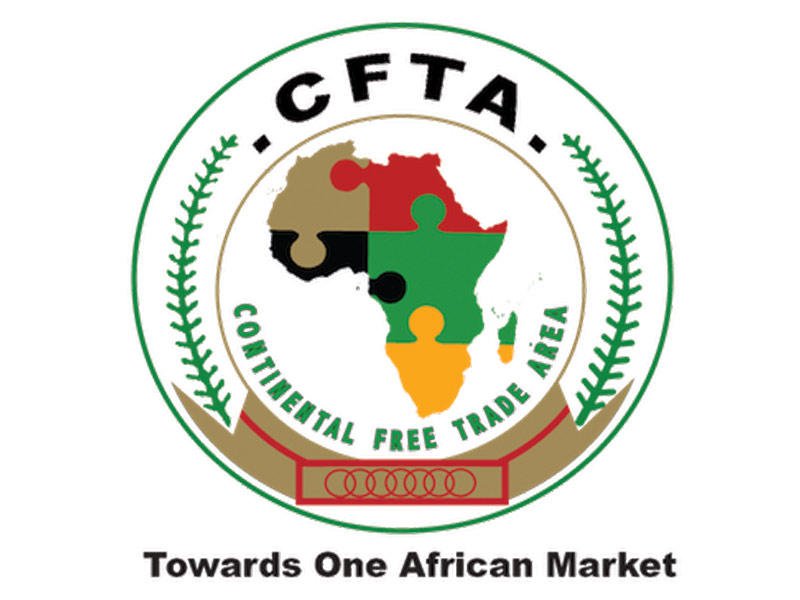Muhammadu Buhari, Nigeria’s president has withdrawn country’s participation from the agreed framework for the establishment of African Continental Free Trade Area, AfCFTA, according to an official statement on Sunday.
This is coming three days after the Federal Executive Council, FEC, gave the President the approval to join other African countries in the trade deal during African leaders’ summit scheduled to hold Wednesday, March 21 in Kigali, Rwanda.
Amid concerns from manufacturers and businesses in the country, which kicked against the deal, the Nigeria government had earlier moved to assure stakeholders that their interest would be protected by the new agreement, including expansion of market access for Nigerian exporters of goods and services leading to economy growth and job creation boost.
The government before the withdrawal believed the agreement would eliminate barriers against Nigeria’s products and provide a dispute settlement mechanism for stopping the hostile and discriminatory treatment directed against Nigerian natural and corporate business persons in other African countries.
Ayuba Wabba, the National President, Nigeria Labour Congress (NLC), had in a statement last week said signing the agreement was “extremely dangerous and radioactive neo-liberal policy initiative being driven by the ministry of trade and investment that seeks to open our seaports, airports and other businesses to unbridled foreign interference never before witnessed in the history of the country.
“This policy initiative, for instance, will make it possible for a foreign airline to directly do local scheduled flights without employing Nigerians.
Owing to the sensitivity of this policy or its possible fall-outs on our economy, those driving it were directed to consult the Nigerian local business community and organised labour.”
Stressing that the organised labour was not consulted when government took the decision to be part of the free trade agreement, Wabba said that based on information available to him, the relevant business community has not been consulted.
He said “The drivers of this policy initiative, without consulting the relevant stakeholders for possible impact assessment, have perfected a document for the signature of President Muhammadu Buhari at Kigali on the 21 of March.
The labour leader worried over the probable outcome of the policy initiative if given life, including the crippling effect on the local businesses and jobs, said “we at the NLC are shocked by the sheer impunity or blatant lack of consultation in the process that has led to this.
“We find it confounding that at a time nations, including the United States are resorting to protectionism in defence of their local businesses and protection of jobs, we have the audacity to want to fling open our doors, windows and rooftops,” he said.
Okechukwu Enelamah, the minister of Industry, Trade and Investments, while briefing state house correspondents after the weekly FEC meeting said Nigeria was even bidding to host the Headquarters/Secretariat of the AfCFTA.
Enelamah disclosed though that his Geoffrey Onyeama, Foreign Affairs counterpart, had been mandated to widen consultations with stakeholders, including National Association of Chambers of Commerce, Industry, Mines and Agriculture (NACCIMA).
According to him, “The CFTA is the first step in the implementation of African Union’s Agenda 2063, for an integrated, prosperous and peaceful Africa, and when in force, the CFTA shall be the largest Free Trade Area (FTA) in the global economy, by number.
The president has also dropped intention to attend the summit which also involves the signing of the agreement framework.
However, no official statement from the presidency on reason(s) for the cancellation as at the time of this report.
Friday, Businessamlive reported that Nigerian manufacturers get assurance interest protected in AfCFTA trade agreement.







